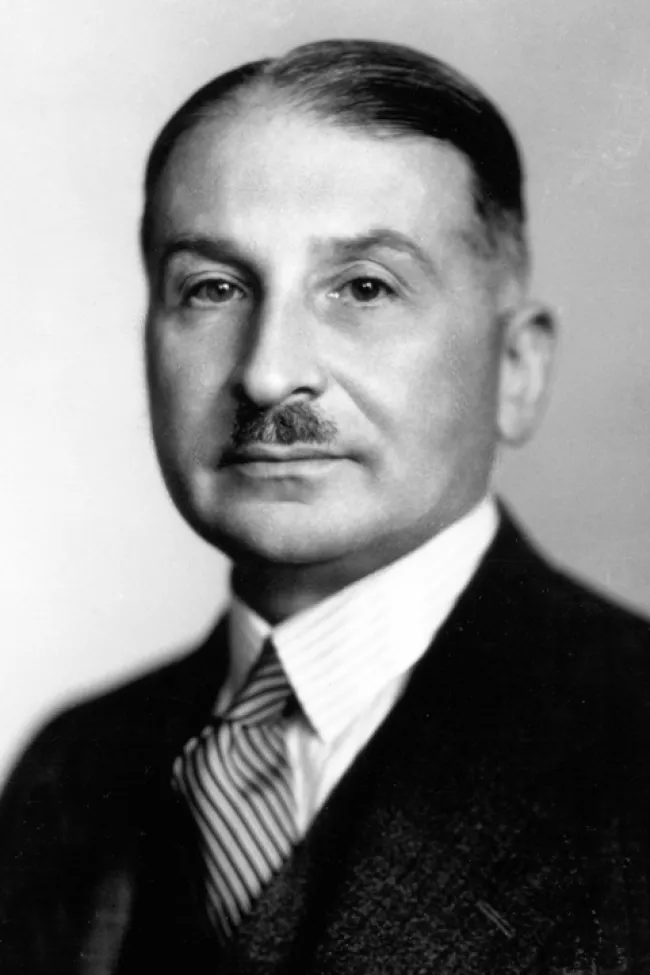The life and work of Ludwig von Mises is marked by the appearances of large treatises, on topics from money to methodology. But along the way, he also wrote many shorter articles and essays. The essays collected in this volume are from the interwar period, when Mises was working for the Vienna Chamber of Commerce. They concern monetary policy, fiscal policy, the boom and bust cycle, trade, economic calculation, socialism, and the history of ideas.
Some of the essays have never before appeared in print, and only surfaced with the discovery of Mises’s personal papers, which had landed in Moscow after World War II. This volume is beautifully produced and printed, with outstanding editorial work by Richard Ebeling. A special bonus is a Soviet-sponsored attack on Mises, appearing in a Soviet journal, and published here for the first time.

No content found

Ludwig von Mises was the acknowledged leader of the Austrian school of economic thought, a prodigious originator in economic theory, and a prolific author. Mises’s writings and lectures encompassed economic theory, history, epistemology, government, and political philosophy. His contributions to economic theory include important clarifications on the quantity theory of money, the theory of the trade cycle, the integration of monetary theory with economic theory in general, and a demonstration that socialism must fail because it cannot solve the problem of economic calculation. Mises was the first scholar to recognize that economics is part of a larger science in human action, a science that he called praxeology.

